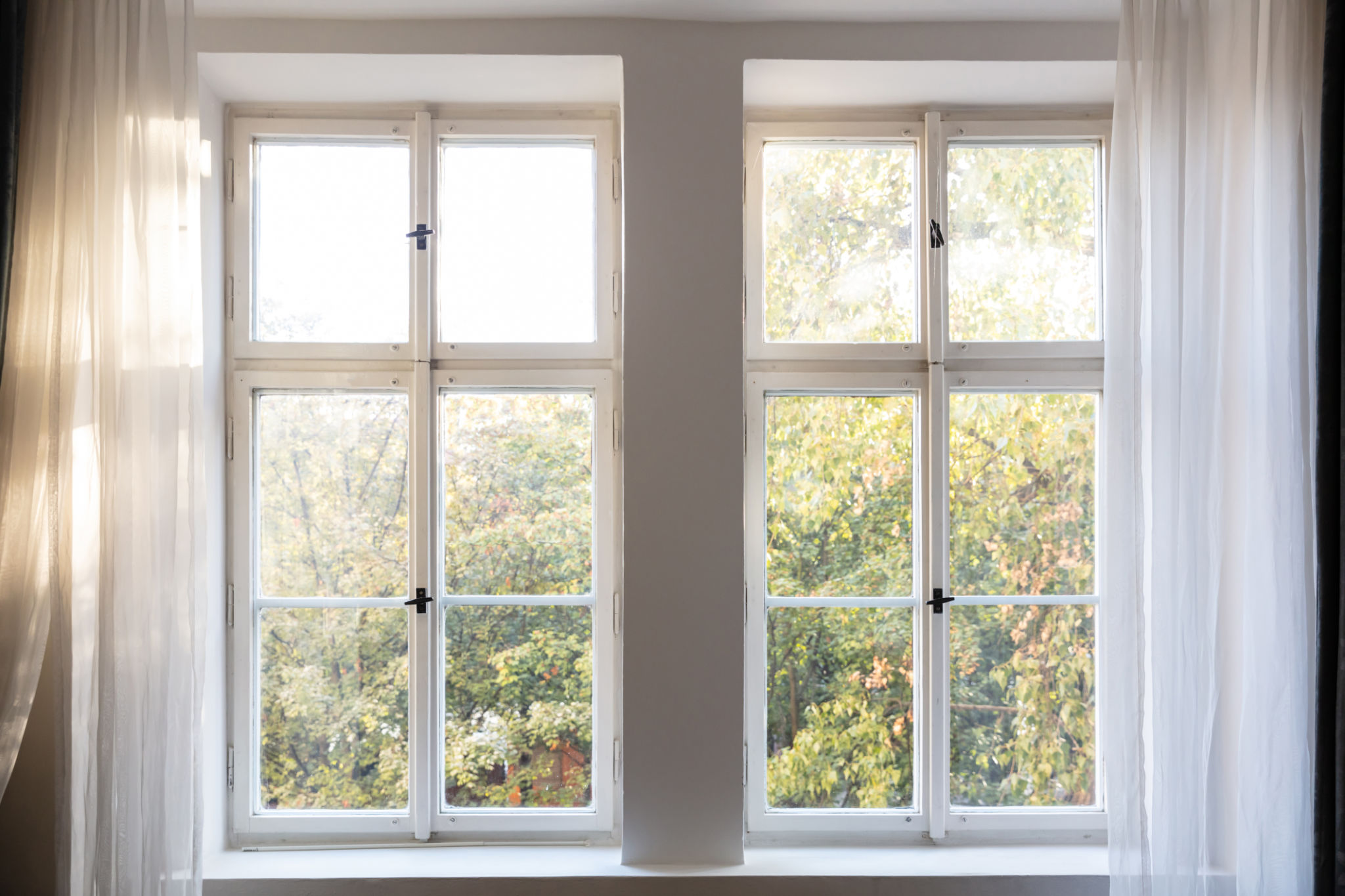Debunking Myths About Window Tinting: What You Need to Know
Understanding the Basics of Window Tinting
Window tinting is often misunderstood, with a variety of myths surrounding its purpose and benefits. Many people believe that window tinting is solely for aesthetic purposes, but it provides numerous functional benefits. In this post, we aim to debunk some common myths and provide a clearer understanding of what window tinting can truly offer.

Myth 1: Window Tinting Is Only for Cars
While it's true that window tinting is popular among vehicle owners, it's not limited to automobiles. Window tinting can be applied to residential homes and commercial buildings as well. This application helps reduce energy costs, improve privacy, and protect interiors from harmful UV rays. By reducing glare, window films can also enhance comfort levels, making any space more enjoyable to inhabit.
Myth 2: Window Tinting Makes Windows Too Dark
A common concern is that window tinting makes windows overly dark, obstructing views and reducing natural light. Modern window films are available in a range of shades and transparencies, allowing you to choose the level of darkness that suits your needs. Some films are nearly invisible yet still provide significant UV protection and heat reduction.

Dispelling Misconceptions About Durability and Maintenance
Myth 3: Window Tints Are Not Durable
Another misconception is that window tints are not durable and will peel or bubble over time. High-quality window films, when professionally installed, can last for many years without degrading. Manufacturers often offer warranties that guarantee their durability and performance under normal conditions.
Myth 4: Tinted Windows Require Extensive Maintenance
Contrary to popular belief, tinted windows do not require extensive maintenance. Regular cleaning with mild soap and water is usually sufficient to keep them looking good. It's important to avoid abrasive materials or harsh chemicals that could damage the film.

The Truth About Legal Concerns and Health Benefits
Myth 5: Window Tinting Is Illegal
Many assume window tinting is illegal, but laws vary by region and often pertain to the degree of tint allowed on vehicle windows. For residential and commercial properties, regulations are generally less stringent. Always check local laws to ensure compliance, but rest assured that window tinting is legal and beneficial when done correctly.
Myth 6: Tinted Windows Do Not Offer Health Benefits
One of the biggest myths is that tinted windows are purely decorative and don't provide health benefits. In reality, they block up to 99% of harmful UV rays, which can protect skin from damage and reduce the risk of skin cancer. By controlling indoor temperatures, tinted windows can also contribute to better indoor air quality.
In conclusion, window tinting offers a range of practical benefits beyond aesthetics. From energy savings to enhanced privacy and health protection, understanding the truth behind these myths can help you make an informed decision about incorporating window tinting into your home, office, or vehicle.